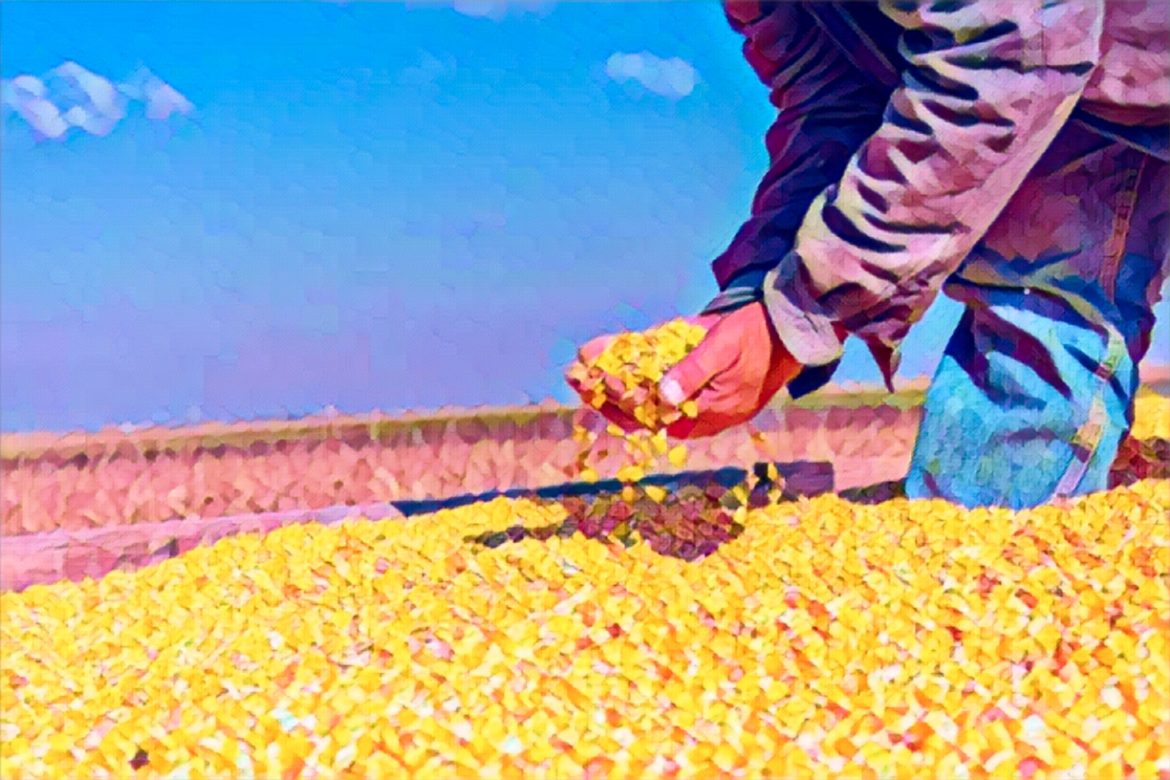Zimbabwe is ramping up maize imports in a bid to tackle escalating food insecurity caused by severe drought. The government has initiated measures to increase the importation of this staple crop, crucial for the nation’s food supply, as the country faces one of its worst agricultural seasons in recent years.
The drought, exacerbated by climate change and inadequate rainfall, has led to a significant reduction in maize production. This has severely impacted food availability and prices, raising concerns about the country’s food security. “The current drought has decimated our crops, leaving many families at risk of hunger. We must act swiftly to secure sufficient food supplies,” said Agriculture Minister Anxious Masuka.
To address the crisis, Zimbabwe’s government has authorized the importation of additional maize to supplement the country’s dwindling reserves. The Grain Marketing Board (GMB) has been tasked with overseeing the procurement and distribution of the imported maize. “We are working with various international suppliers to ensure that we have enough maize to meet the nation’s needs,” said GMB Chief Executive Rockie Mutenha.
The increased imports are expected to stabilize food prices and ensure that basic foodstuffs remain affordable for the average Zimbabwean. The government has also announced subsidies and support programs for vulnerable households to mitigate the impact of rising food costs. “We are committed to ensuring that no Zimbabwean goes hungry. Our support programs will help those most affected by the current crisis,” Masuka emphasized.
However, the reliance on imports raises concerns about the long-term sustainability of Zimbabwe’s food security. The country has traditionally been a major producer of maize, but recent years have seen a decline in agricultural productivity due to factors such as erratic weather patterns, limited access to farming inputs, and infrastructural challenges. “We need to invest in sustainable farming practices and infrastructure to strengthen our food security in the long run,” said agricultural economist Tafadzwa Hove.
To this end, the government has launched initiatives to support local farmers and boost domestic production. These include providing access to improved seeds, fertilizers, and irrigation systems. The aim is to enhance the resilience of the agricultural sector to climate change and other challenges. “Our goal is to build a robust agricultural sector that can withstand adverse conditions and ensure food security for all,” Masuka stated.
The international community has also been called upon to assist Zimbabwe in this critical time. Various humanitarian organizations and donor countries have pledged support, including food aid and financial assistance. “We are grateful for the international support we have received. This assistance is vital in helping us manage the current crisis and build a more resilient agricultural sector,” said Foreign Affairs Minister Frederick Shava.
Despite the immediate challenges, there is hope that Zimbabwe can recover and strengthen its agricultural sector. The government is committed to implementing long-term strategies to improve food security, including modernizing farming techniques, enhancing water management, and expanding agricultural research and development. “We are confident that with the right investments and policies, we can turn this crisis into an opportunity for growth and development,” Hove remarked.
In conclusion, Zimbabwe’s increased maize imports are a crucial step in addressing the current food insecurity caused by drought. While these measures provide short-term relief, long-term solutions are needed to ensure sustainable food production and security. The government’s focus on supporting local farmers and enhancing agricultural resilience offers a pathway to achieving these goals, bringing hope for a more secure future.
Source: New Zimbabwe


